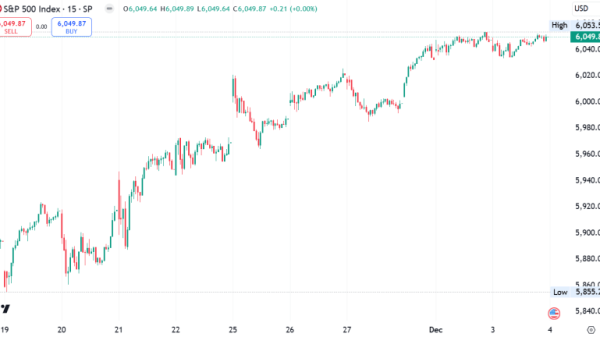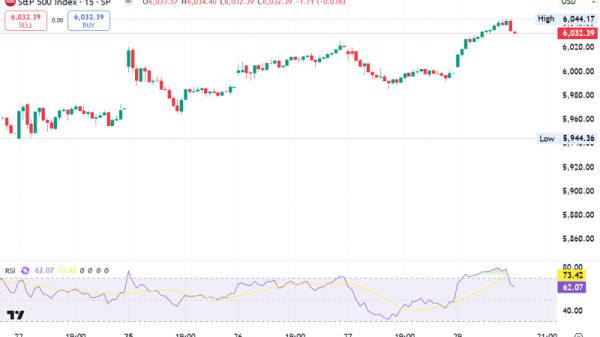By Timothy Gardner
WASHINGTON (Reuters) – Commonwealth Fusion Systems, a private company spun off from the Massachusetts Institute of Technology, plans what it calls the world’s first grid-scale fusion power plant in Virginia, to generate power by the early 2030s, the company said on Tuesday.
The project, if successful, could revolutionize the global energy industry by tapping into a virtually limitless power source, similar to that which fuels the stars.
But it is a long-shot. CFS lacks local and federal permits, investors to fund most of the plant’s construction, and the answer to fusion’s top technological question: how to get more energy out of a fusion reaction than what goes into it in the first place.
Still, CFS, the largest private-sector fusion company, which has raised $2 billion since 2018 mainly for demonstration projects, is confident more money will flow for the plant.
“The fact that there’s a broad investor syndicate, that’s a good thing,” Bob Mumgaard, the company’s CEO, told Reuters ahead of the announcement. CFS investors include Italian energy company ENI (BIT:ENI), Temasek, a sovereign wealth fund from Singapore, and Norway’s Equinor.
For decades, scientists in the U.S., China, Europe, Russia and Japan have hoped that fusion, the reaction that produces the light and heat from the sun, can be replicated and sustained on Earth.
To create fusion reactions, physicists use lasers or magnets to jam two light atoms into one, releasing large amounts of energy. When harnessed, the reactions could be used in power stations to generate emissions-free electricity, helping to fight climate change.
As power demand rises due to growth in artificial intelligence, electric vehicles, and cryptocurrencies, companies are raising billions of dollars in hopes of commercializing the technology.
Unlike today’s nuclear reactors, powered by fission, which splits atoms, fusion does not generate large amounts of long-lasting radioactive waste.
But there are other challenges, such as ensuring materials withstand constant bombardments of high-energy neutrons and some of the hottest temperatures ever created on Earth, and how to transfer that heat to a turbine to generate electricity.
Getting reactions to occur almost continuously instead of once in a while is yet another challenge.
A fusion breakthrough came two years ago when scientists at a U.S. lab in California briefly achieved “fusion ignition” with lasers, though the energy output was tiny compared to the energy firing the lasers.
NO GUARANTEE
CFS said it will start seeking local, state and federal permits next year. That is well before it expects to produce in 2026 its first plasma, or a superheated, charged state of matter that allows fusion reactions, at SPARC, its demonstration magnet-driven project in Massachusetts.
It hopes to reach net energy shortly after.
“There is of course no guarantee in life that all will go according to plan, but it’s pretty sure if you don’t prepare, it won’t,” Mumgaard said about the plan to build in Virginia before ironing out the science.
Dominion Energy (NYSE:D) will provide non-financial help, including development and technical expertise and leasing rights for the proposed site in Chesterfield County.
Edward Baine, president of Dominion Energy Virginia, said CFS is “advancing the exciting energy potential of fusion.”
CFS expects ARC, the plant planned for Virginia, will have capacity to generate 400 megawatts of electricity — enough to power industrial sites or about 150,000 homes.
Last year, the five-member U.S. Nuclear Regulatory Commission voted unanimously to separate fusion regulation from fission regulation, a move that developers of the new technology said would allow them to innovate.
Last week, two anonymous NRC staffers who helped develop the rule, challenged the different licensing approach in a public document saying such plants could use large amounts of water for cooling and leak tritium, a hard-to-contain radioactive isotope.
Mumgaard said CFS is learning how to deal with tritium at its Massachusetts facility and that the staffers’ criticisms were “just part of the normal process of staff working through” fusion issues.




































